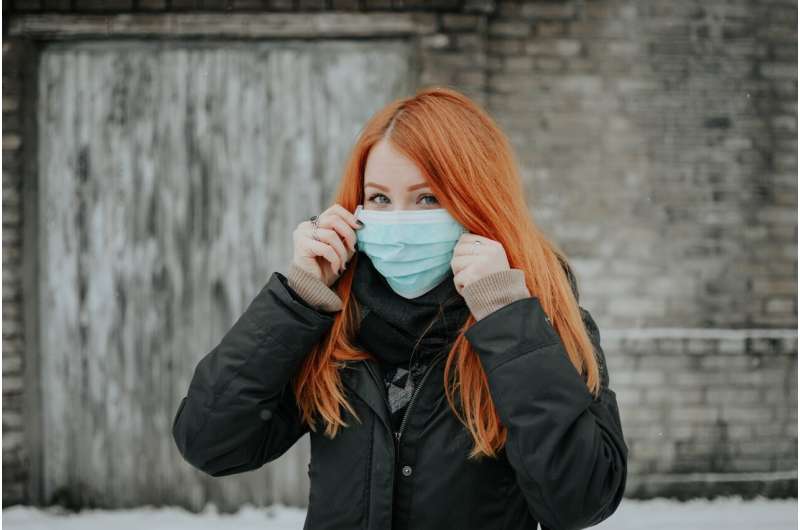WHO says Europe still ‘vulnerable’ despite falling COVID cases

The World Health Organization on Thursday warned of a “false sense of security” in Europe, saying most of the continent’s nations were still vulnerable despite a fall in COVID cases.
WHO Europe director Hans Kluge told a press conference that “the decline in cases conceals increasing numbers of outbreaks and community spread involving variants of concern.”
More than a million cases are registered every week across the 53 member states in the UN agency’s European region, which includes several in central Asia.
But the number of reported cases has been falling over the past four weeks and deaths have also been declining over the past two weeks.
“At this point, the overwhelming majority of European countries remain vulnerable,” Kluge said, adding that as of now there is “a thin line between the hope of a vaccine and a false sense of security.”
The number of vaccine doses administered in Europe now stands 41 million, greater that the nearly 36 million cases recorded since the start of the pandemic.
According to data from 29 out of the 37 countries that have begun vaccinations, 7.8 million have received both doses of the vaccines, Kluge said, warning that the number only accounts for 1.5 percent of the population in those countries.
“Vaccines are essential, but as of now, they are not sufficient to control the pandemic,” Kluge said.
The regional WHO director cautioned against “rash decisions” for countries contemplating easing restrictions.
“Time and again have we seen countries reopen too fast and lose hard-earned gains,” Kluge said.
With the emergence of new variants, vaccinations could also be undermined if the virus is allowed to circulate, potentially causing mutations that “may influence vaccine efficacy.”
“Unless we halt transmission now, the expected benefits from vaccinations in controlling this pandemic may not be evident,” Kluge said.
The WHO director also reiterated a call for an equitable distribution of vaccines to include poorer countries, both citing it as a “moral imperative,” but also as a means to mitigate risks.
“Unfair access to vaccines, can backfire. The longer the virus lingers, the greater the risk of dangerous mutations,” Kluge said.
Source: Read Full Article
